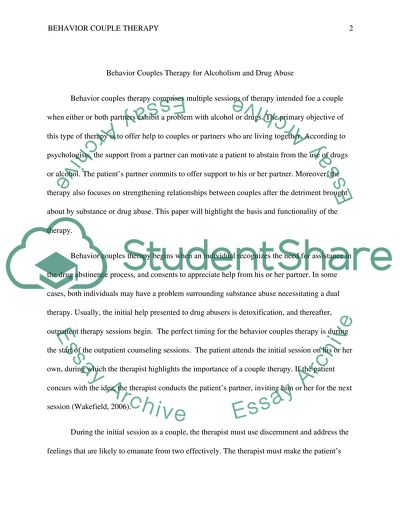Cite this document
(“Behavior Couples Therapy for Alcoholism and Drug Abuse Research Paper”, n.d.)
Behavior Couples Therapy for Alcoholism and Drug Abuse Research Paper. Retrieved from https://studentshare.org/psychology/1468750-behavior-couples-therapy-for-alcoholism-and-drug-abuse
Behavior Couples Therapy for Alcoholism and Drug Abuse Research Paper. Retrieved from https://studentshare.org/psychology/1468750-behavior-couples-therapy-for-alcoholism-and-drug-abuse
(Behavior Couples Therapy for Alcoholism and Drug Abuse Research Paper)
Behavior Couples Therapy for Alcoholism and Drug Abuse Research Paper. https://studentshare.org/psychology/1468750-behavior-couples-therapy-for-alcoholism-and-drug-abuse.
Behavior Couples Therapy for Alcoholism and Drug Abuse Research Paper. https://studentshare.org/psychology/1468750-behavior-couples-therapy-for-alcoholism-and-drug-abuse.
“Behavior Couples Therapy for Alcoholism and Drug Abuse Research Paper”, n.d. https://studentshare.org/psychology/1468750-behavior-couples-therapy-for-alcoholism-and-drug-abuse.


